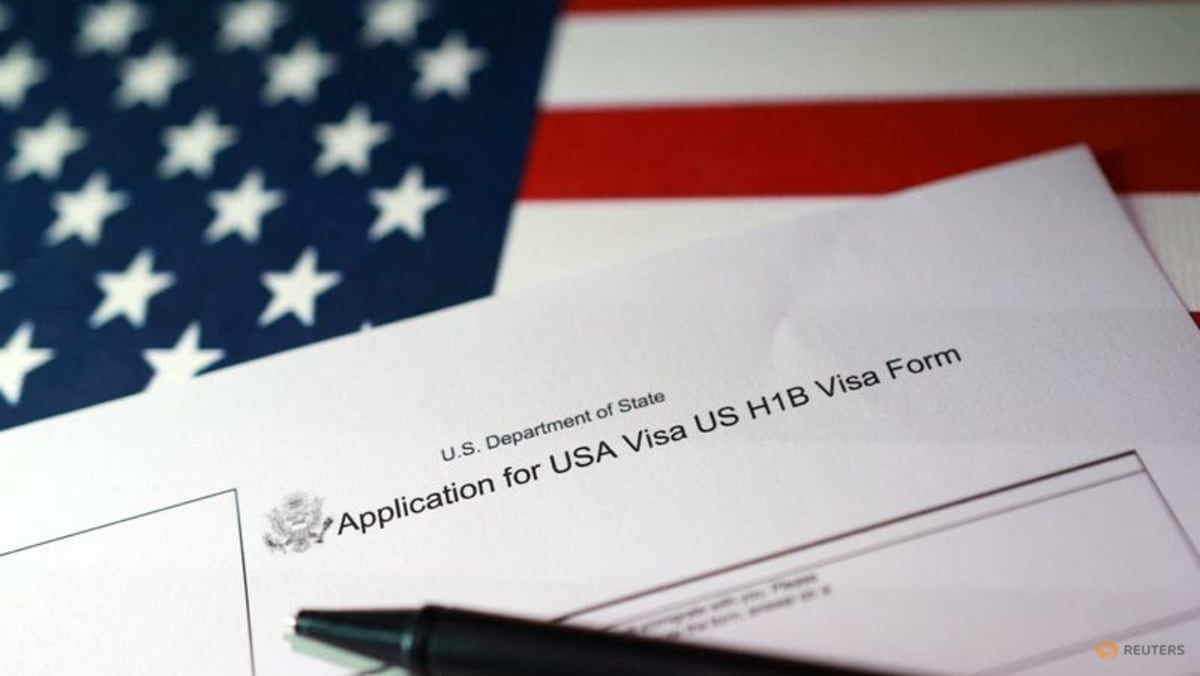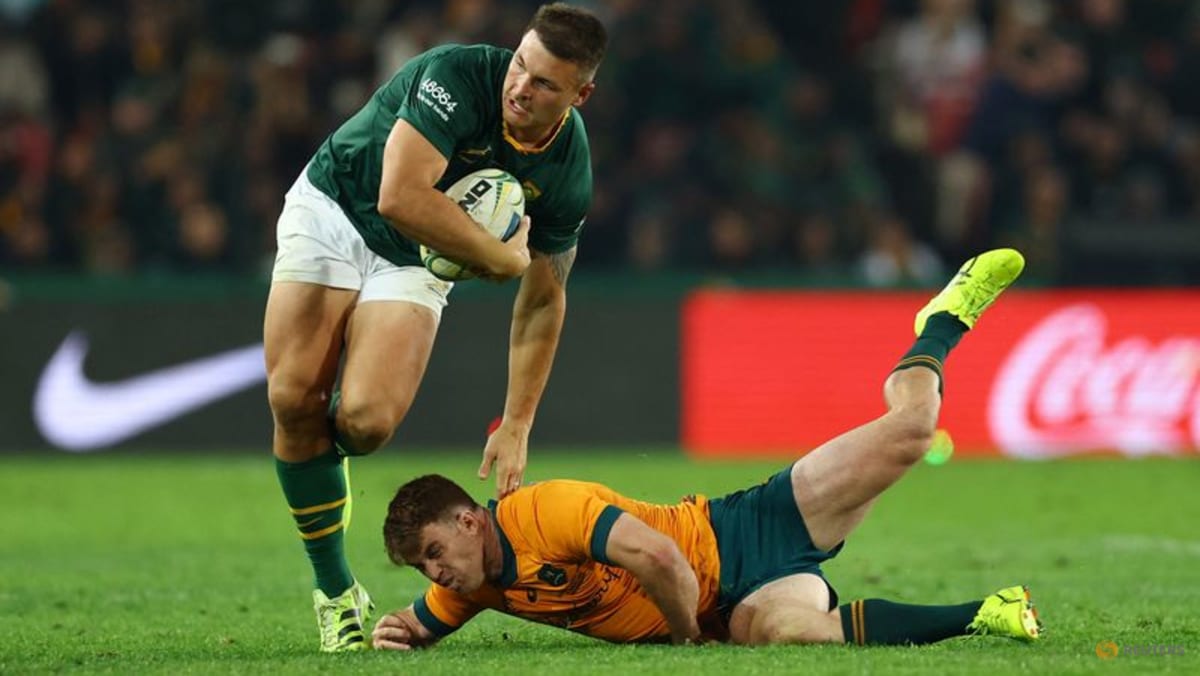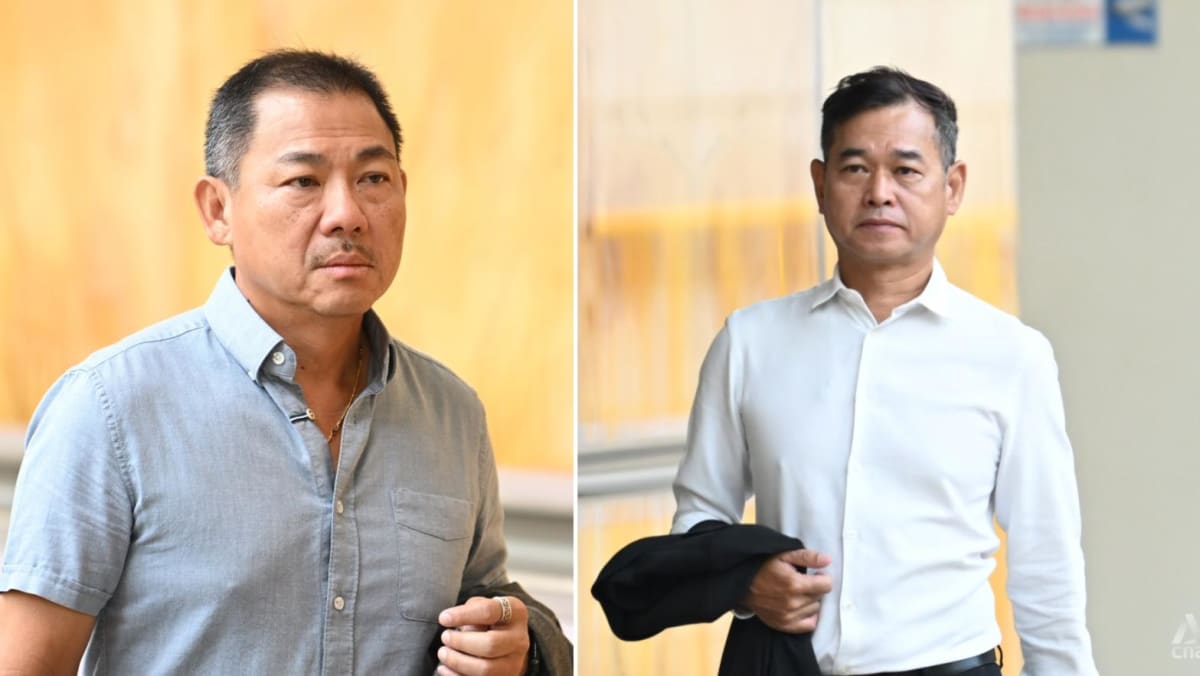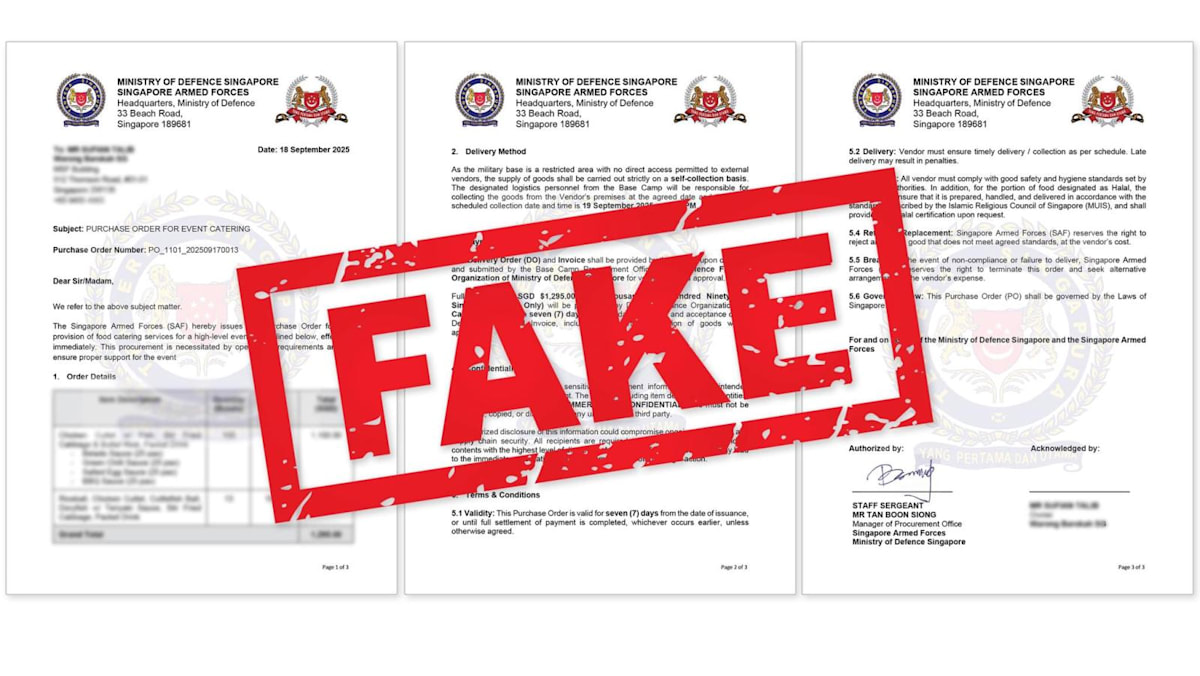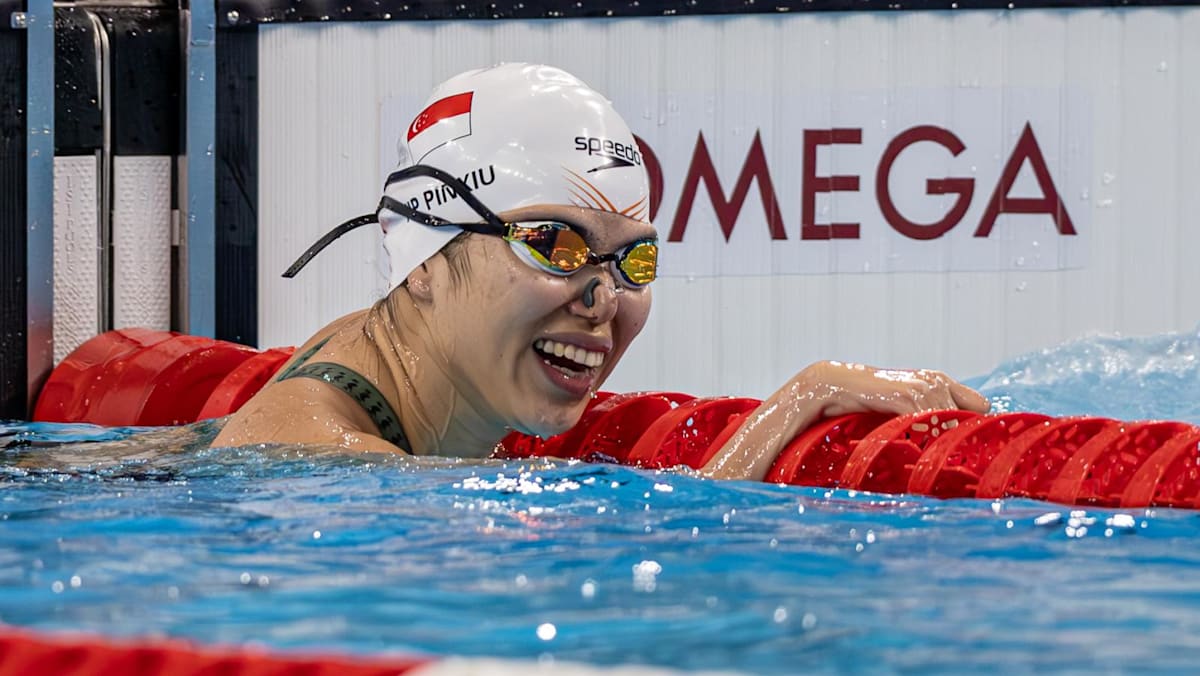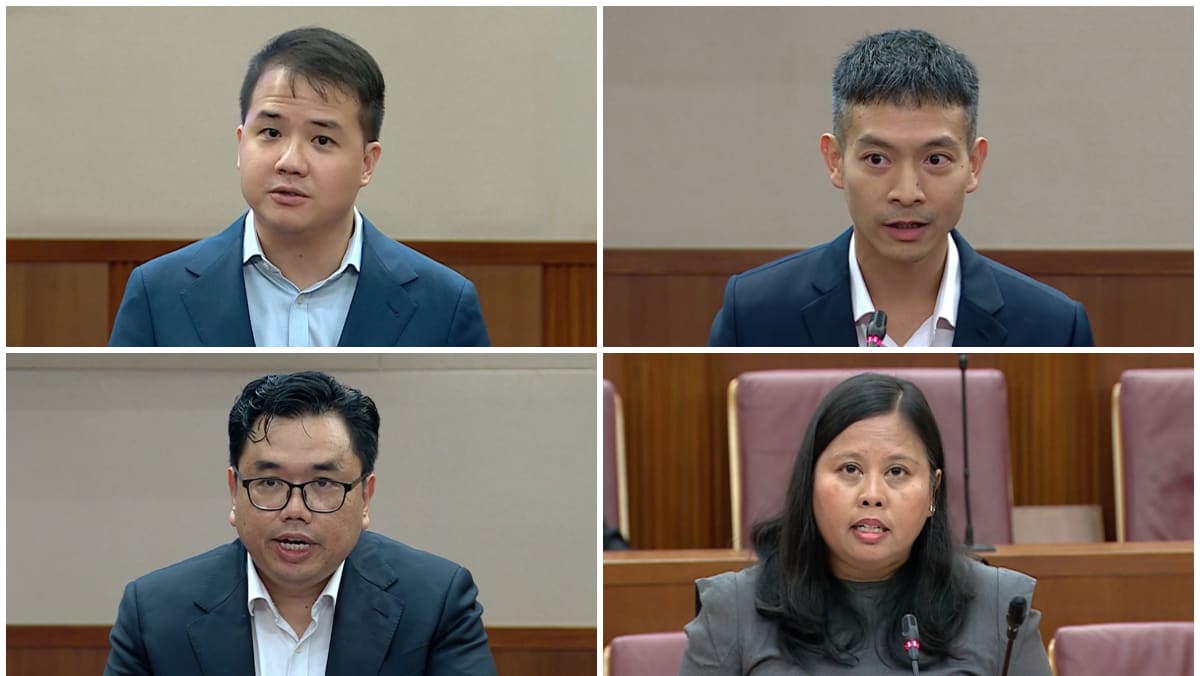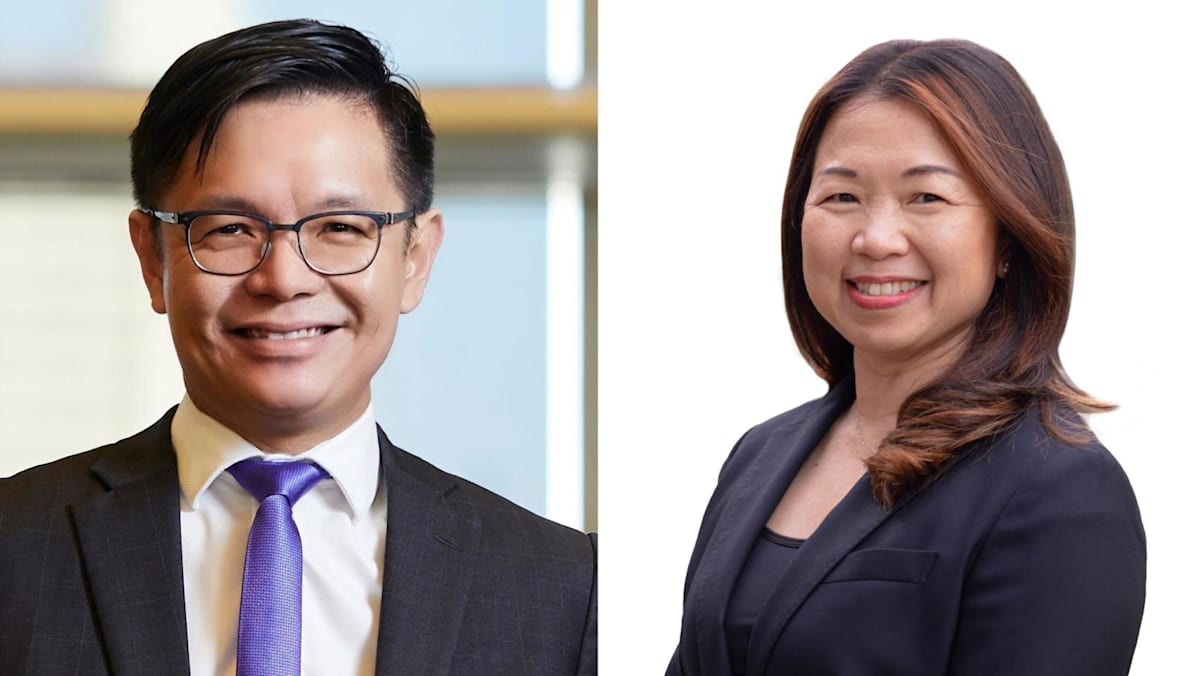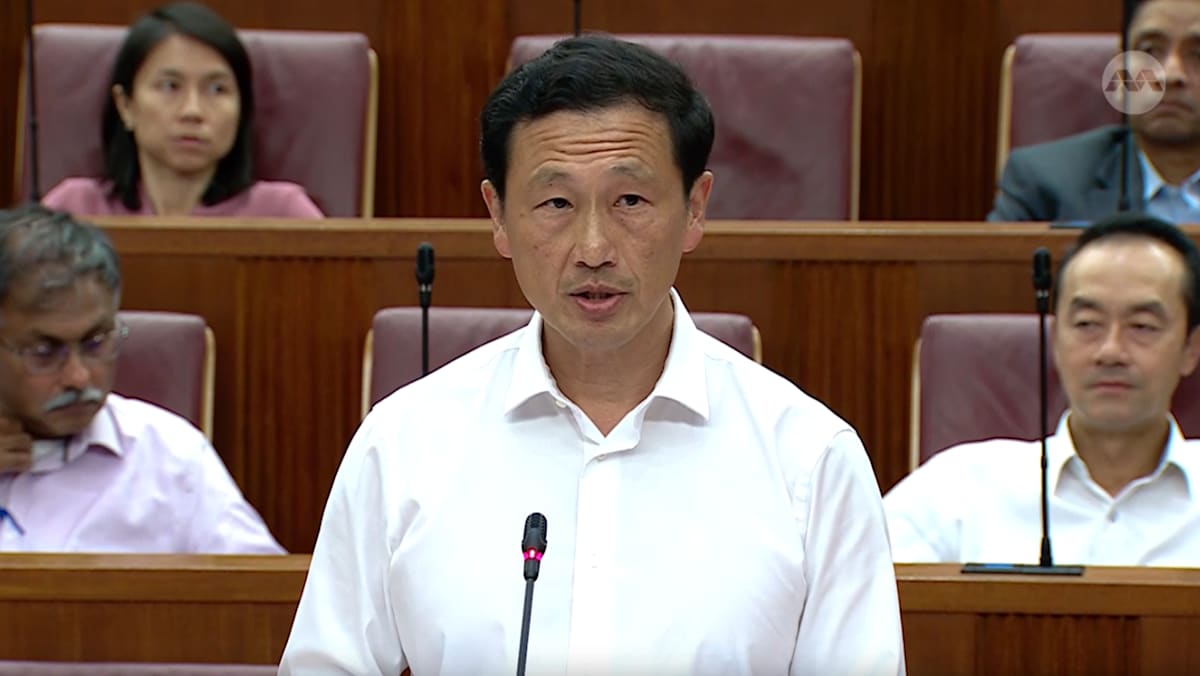SINGAPORE: Prosecutors on Tuesday (Jul 22) urged the High Court to relook a high-profile graft case, claiming that a district judge had failed in his judicial duty when he acquitted two men of bribing a Land Transport Authority (LTA) director.
Mr Pay Teow Heng, 57, director of Tiong Seng Contractors, and Mr Pek Lian Guan, 60, chief executive and chairman of listed company Tiong Seng Holdings, were acquitted last October of graft charges linked to former LTA deputy group director Henry Foo Yung Thye.
Foo was given five-and-a-half years’ jail in September 2021 for taking S$1.24 million in bribes.
Mr Pay was accused of giving S$350,000 (US$267,000) to Foo over two occasions in 2017 and 2018 to advance Tiong Seng’s business interests with LTA, while Mr Pek was accused of abetting Mr Pay.
The lower court judge, District Judge Soh Tze Bian, had acquitted the two men after finding lapses in the statement-taking process by the Corrupt Practices Investigation Bureau (CPIB).
He said the investigating officer who took a statement from Mr Pay admitted approaching the interview with a “preconceived notion” that Mr Pay had committed some form of offence.
Another investigating officer had used a “cut-and-paste method” to compile a statement he took from Mr Pek.
Judge Soh found that the prosecution had failed to prove its case against the two men beyond a reasonable doubt.
On Tuesday, a team of prosecutors led by Deputy Public Prosecutor Alan Loh urged Chief Justice Sundaresh Menon to undertake a “de novo” review of the case.
This is a Latin term meaning “anew”, and refers to a court considering and reviewing the evidence on record afresh, while giving no deference to the impugned judgment of the court below.
It is different from a retrial. In a “de novo” review, the appellate court assumes the role of the first-instance judge at the stage of closing trial submissions, before reaching its own conclusions.
MULTITUDE OF FAILURES: PROSECUTION
Mr Loh argued that, “given the multitude of failures by the district judge”, a de novo review is “not merely warranted but necessary to correct the course of justice”.
In a hearing lasting more than three hours, Mr Loh submitted, “with respect and with some reluctance”, that Judge Soh had failed to discharge his judicial duty.
He alleged that Judge Soh had failed to consider material issues or to refer to conflicting evidence about the two men’s CPIB statements.
Judge Soh had also adopted the defence’s written submissions as his own findings, claimed Mr Loh.
The grounds of decision by Judge Soh acquitting the men “substantially” adopted the defence’s arguments as his own findings, preserving their structure, flow and even choice of words and phrases, said Mr Loh.
Mr Loh characterised the way the judge rejected the prosecution’s case as doing so with “a sweeping statement”.
Chief Justice Menon said it was not wrong in and of itself for a judge to adopt the defence’s arguments.
“A judge may agree with submissions put forth by one side or the other. I myself have come across cases where one side’s arguments were bereft of value, and so I agreed with what the other side (said),” he said.
However, the prosecution said their complaint was that the lower court judge had adopted the defence submissions without engaging with the prosecution’s points.
“He copied,” said Mr Loh. “He did not refer to our points. He did not even refer to the evidence.”
He meant that the judge may have relied on defence arguments, but he did not then look at the evidence to satisfy himself that what the defence argued was correct and was actually justified based on the evidence.
Mr Pay was represented by lawyers from WongPartnership led by Senior Counsel Tan Chee Meng, while Mr Pek was defended by a team from Drew and Napier led by Senior Counsel Cavinder Bull.
Mr Bull pointed to the prosecution’s submissions and said they left out lines to show that the judge did apply his mind to the case.
Mr Tan said it was not wrong for the judge not to quote the prosecution when “the prosecution submissions (are) bereft of arguments”.
He said that his client was told he was the victim and that the statement he was giving was to prosecute Foo.
“He wasn’t even told or aware that he was under investigation, but he was told after his first statement was recorded that his first statement was not good enough,” said Mr Tan.
He said his client was brought in at 6am and finished recording his statement at 11pm that same day, but was not allowed to go home. Instead, he stayed over at CPIB’s premises that night and gave a second statement the next day.
Mr Tan said the lower court judge could be seen to be forming his own view in his judgment.
“He did not copy,” said the lawyer, adding that it “may not be an A grade judgment”.
Chief Justice Menon said that copying, while in and of itself a “deplorable practice”, would not in and of itself satisfy setting aside the judgment.
He reserved judgment, saying he needed time and may require another hearing due to the volume of material before him.
Judge Soh retired earlier this year. He had been chided by Chief Justice Menon in September 2023 for his “unsatisfactory” judicial practice by lifting large chunks of the prosecution’s submissions for his grounds of decision.
